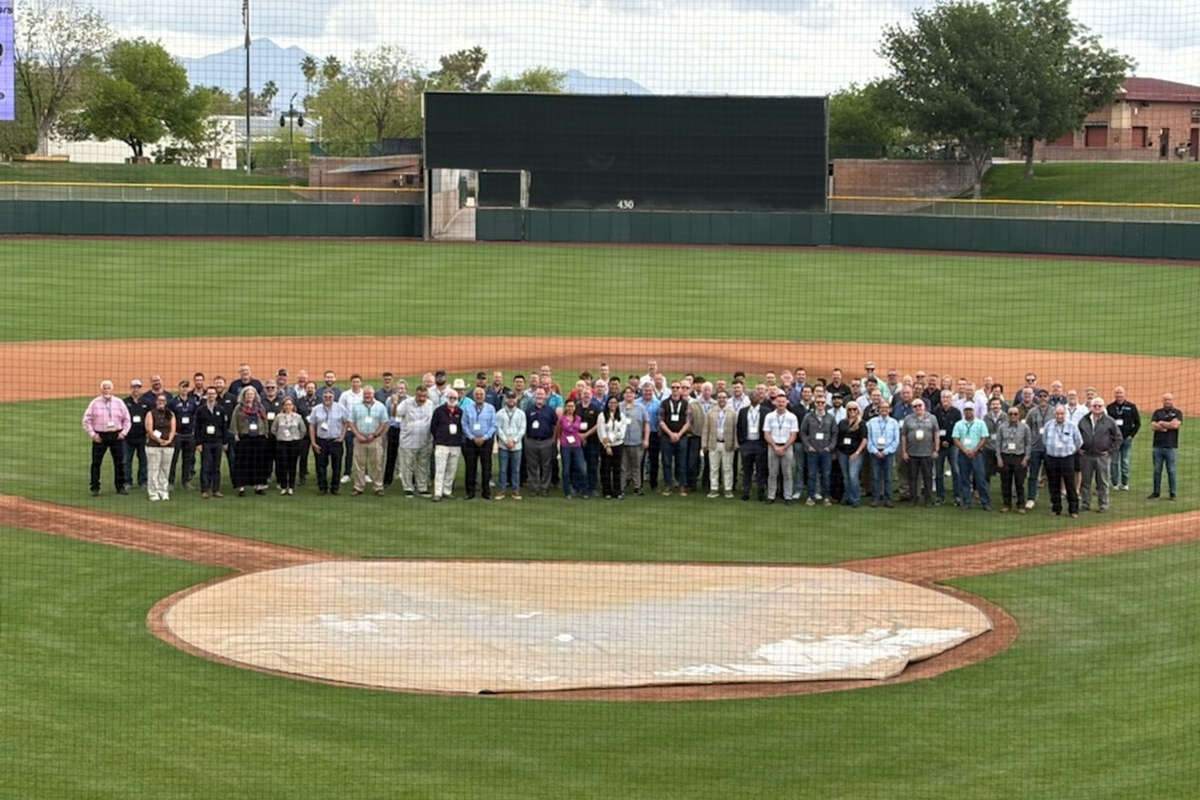Infrastructure Funding Needs Change

In Washington, there’s a different story. Rather than blaming the institution, of which the candidates are now associated — and therefore by their own definitions — elected officials become part of the problem. But what kind of politician would take responsibility for his or her campaign promises and admit they’re part of the problem? So instead, they pick fights with those who disagree with their beliefs. These disagreements lead to division which lead to partisanship which lead to manufactured crises that monopolize all of the efforts, publicity and opportunity to get things done. Ultimately, all the public is left with is a deeper rooted belief that Congress is irreparably broken.
However, so long as the American peoples’ will to make things better in this country exists, Congress can work. It just takes us, the public, collectively telling them what to do and be willing to “throw the bums out” who are unwilling to compromise, listen or respect the collective voice of their constituents and the nation.
As I Bet You Could Have Guessed…
I’ve got an idea of where to start. Infrastructure, particularly underground infrastructure, is being systematically neglected by our Congress. Unlike many other public programs administered by the government, underground infrastructure is almost entirely reliant on the appropriations process. What I mean is, while other programs have been authorized to collect a user fee (such as the gas tax for the Highway Trust Fund, or the bevvy of taxes imposed by airlines for airports), underground infrastructure programs must fight and refight for every dollar their programs need year in and year out.
For example, NUCA and other like-minded groups have to advocate every year for funding for the EPA’s State Revolving Fund programs. Every spring NUCA and these groups must plead the case for continued funding for these vital infrastructure programs because without this program and ones similar, underground infrastructure building and rehabilitation will slow to a crawl while states and communities desperately search for financing mechanisms. Congress should enact a plan to make infrastructure financing permanent.
What is worse is that there are actually people in Congress who want to see federal infrastructure investment end all together instead of becoming permanent. These Representatives are delusional enough to think states and communities can bare the financial brunt of infrastructure costs. The Transportation Empowerment Act, H.R. 3486, introduced by Rep. Tom Graves of Georgia with (as of press time) 51 cosponsors (exclusively Republican), is an example of what is being called “devolution” in Washington. Devolution is the idea that states, not the federal government, should be solely responsible for the financial expense of building and maintaining America’s entire infrastructure. This idea, largely and almost exclusively supported by Tea Party Republicans, would incapacitate state and municipal budgets. Even if states and communities could find a way to raise the revenue needed to financially undertake these projects, which would only be possible through increased taxes and/or user fees, there is no guarantee that states would actually use these new revenues for infrastructure funding. States are already accustomed to using funds designated for infrastructure to pay for other priorities. For example, Texas used $1.8 billion of its 2012 gas tax revenue slated for highway projects on its education budget. The term “devolution” is intended by its proponents to signify a return to “state responsibility,” but in actuality it is nothing more than trying to avert Congress’ Constitutional obligation to promote interstate commerce.
States and municipalities already cannot provide or find the financing they need for infrastructure, so what are they supposed to do if the third leg of the stool is kicked out from under them? Things aren’t so dire to warrant a choice between teachers or police officers and clean water, but we have already seen communities cut recycling, trash pickup and public park maintenance from their budgets, which indicate an approaching calamity should infrastructure financing mechanisms be eliminated.
Congress should be working toward finding solutions to America’s ailments not pushing their problems off on states. What Congress should be doing is creating solvent and permanent funding mechanisms for infrastructure that does not rely on federal appropriations. Infrastructure projects are large, take time and are expensive, and the old way of annually coming to the appropriations well hasn’t worked for years. Once built, infrastructure can last for decades, but the nearly-century old infrastructure systems can’t wait that long for Congress to get its act together. If they could find a way to work together and accomplish this, they could attack other issues without the fear of infrastructure failures hampering economic growth.
What those in Congress really don’t realize is that the economy is built on the foundation of infrastructure. There isn’t a business in this country that is not reliant on infrastructure, be it for electricity, water or gas. Allowing these infrastructure systems to fall into disrepair (which they already are) or worse become inoperable, would be devastating to our economy and poses a real threat.
But if that were to happen, Congress would be forced to join the rest of us in blaming itself as Congress has been warned.
Will Brown is NUCA’s government Relations Manager.




